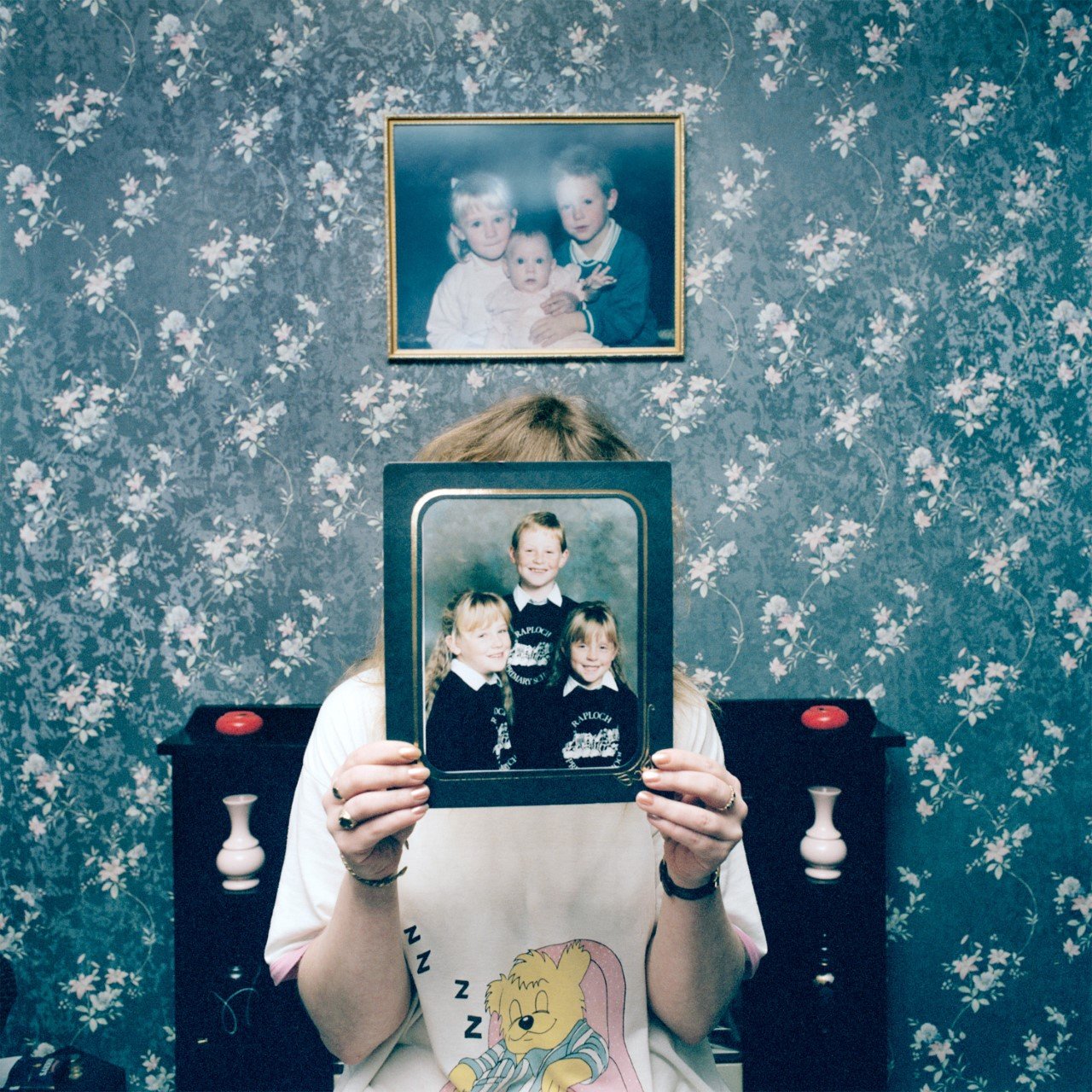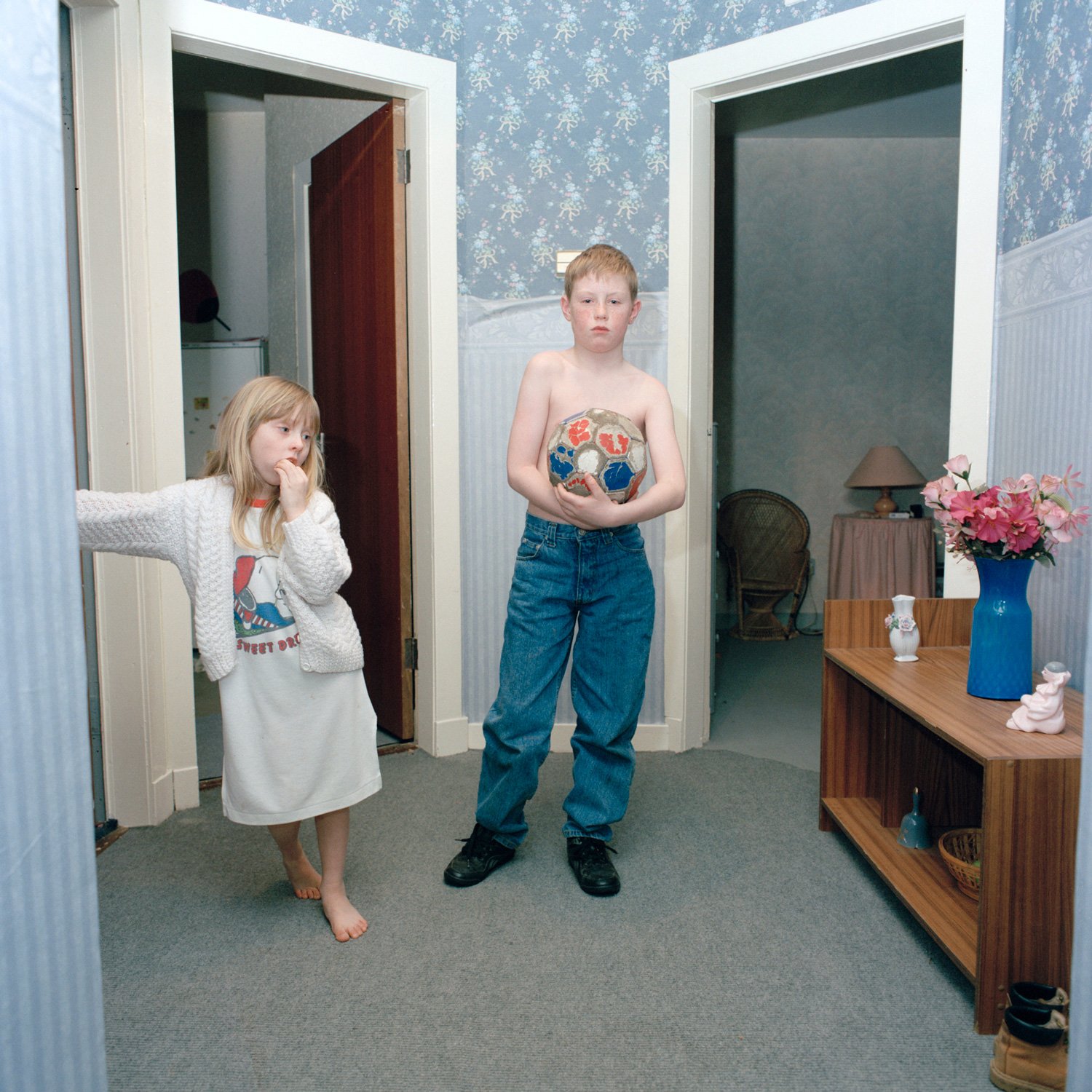Margaret
Mitchell
The brilliantly talented Margaret Mitchell is a Scottish documentary and portrait photographer, with a career spanning several decades. Her work ranges from exploring communities and children’s worlds to long-term projects on social environment, opportunity, and inequality with a particular emphasis on place and belonging - timeless themes that feel as pertinent and vital as ever.
Documenting the lives of her extended family in two separate series taken over twenty years, Margaret’s poignant project entitled ‘Family’ – shown below – takes us back to the beginning. In 1994, Margaret documented her late sister Andrea and her three children as they navigated life in Stirling, central Scotland, in a disadvantaged area where the realities of financial hardship and lack of opportunities were part of everyday life. Candidly documenting the children’s daily lives, Margaret’s project explores their journey through challenging emotional and socio-economic circumstances, representing a powerful insight into the lives of those struggling to swim against the tide of inequality. Despite the challenging nature of her work and the complex lives she sought to capture, Margaret’s project remains subtle and nuanced, seeking to represent not only the struggle but also the moments of joy, levity and connection that permeates life through the innocent eyes of children.
In her own words, Margaret says that “Photographing Andrea and her children became about the children’s internal lives, inside their own home. Andrea existed as a background figure to her children’s daily stories. She fed, clothed, and washed within this complex and sometimes imperfect domestic sphere. The children’s lives revolved around their involvement and experiences with one another. It is a story of childhood that was happy as well as difficult’.
An intimate portrait of childhood and the strong bond between the siblings, Margaret’s images also provide an insight into the political landscape of the time. Living in a community where multiple factors affect the quality of life – from housing to education and access to resources – brings complex implications to the wider narrative of the children’s lives and future opportunities. Through candid observations of a family living in disadvantaged circumstances, Margaret evokes a stirring emotional response, providing a compelling and compassionate look behind the curtain at a marginalised society whose challenges remain as significant today as when the project started in 1994.
















